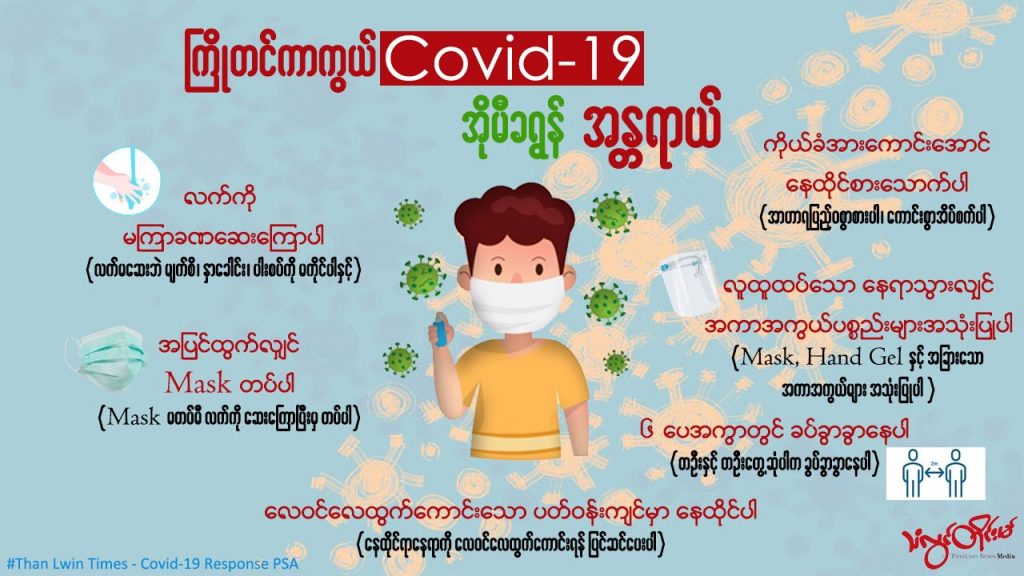Mawlamyine, May (27)
Following the military coup, the rubber produced in Mon State has not met the set standards, and the quality deteriorated, prompting some foreign countries to stop purchasing it, rubber traders told Than Lwin Times.
Rubber farmers suffered excessive increases in general costs, including inputs such as fertilizer and acid, resulting in poor control over rubber quality.
On the other hand, rubber farmers are mainly using acids that are cheaper than formic acid, which is used to control the quality of rubber.
In addition, labor shortages are weakening the clean rubber production process, and fuel prices are on the rise, making it difficult to use enough water.
According to a rubber supplier, the decline in rubber quality has reduced demand for Mon rubber from China and Thailand, and Malaysia has also stopped ordering.

Due to the decline in the quality of rubber, foreign countries will stop buying rubber if the seller cannot guarantee the vulcanization system, rubber weight, and packaging, he said.
Currently, it has been said that foreign countries are going to buy sustainable synthetic polyisoprene rubber, so the market may shrink if they are producing low-quality rubber.
If the local rubber is not properly produced, and the foreign market for rubber disappears in the near future, this could cause more harm to the rubber farmers, he said.
Currently, as the rainy season is approaching, nearly 70 percent of the rubber plantations are closed, the yield is low, and sales are stagnant, according to rubber traders.
Mon State has around 500,000 acres of rubber plantations and produces over 100,000 tons of rubber annually.
Rubber is mainly exported to China and Thailand, and the rubber sector earns millions of dollars every year.
News – Than Lwin Times
Photo: CJ
